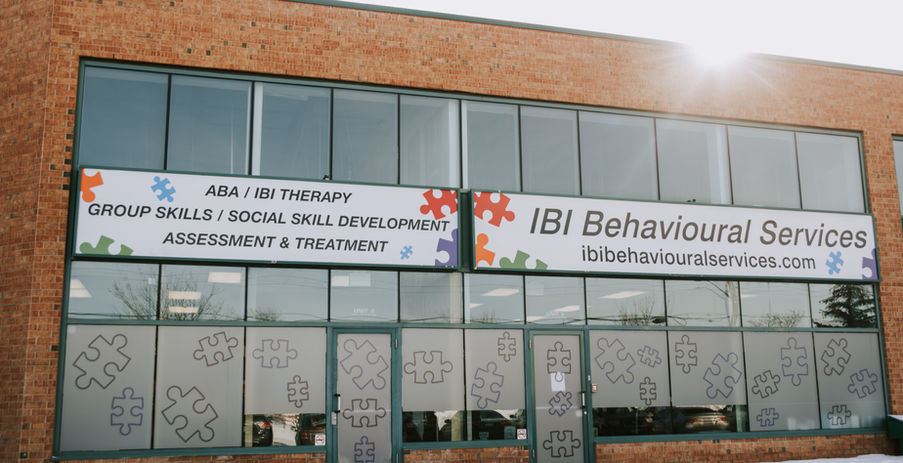
ABOUT US
IBI Behavioural Services was founded in 2006, by Clinical Director and Founder, Amanda Baysarowich. What began as personalized 1:1 in-home services for a small number of families in Barrie, quickly grew into a dedicated and passionate team. With the opening of our first centre in 2017, IBI Behavioural Services expanded to meet the needs of even more children and families. Today, we are proud of the meaningful impact we continue to make in the lives of those we serve.
Our Mission
At IBI Behavioural Services, we empower children and families through compassionate, evidence-based ABA and IBI programs tailored to each child’s unique needs. We create a safe, structured, and engaging environment that promotes skill development, independence, and meaningful participation in daily life. Working closely with families and caregivers, our team delivers ethical, effective, and collaborative interventions designed to reduce challenging behaviours, enhance communication, and build confidence. At IBI Behavioural Services, we are dedicated to helping every child reach their full potential and supporting families every step of the way.
What We Do
We provide comprehensive ABA-based services tailored to each child’s unique strengths and needs. Our programs focus on developing communication, social, academic, behavioural, and daily living skills while supporting emotional regulation and independence. Services are delivered by trained therapists under the supervision of qualified clinical professionals. Through ongoing assessment, data collection, and clinical oversight, we ensure programming remains responsive, effective, and aligned with each child’s goals. We work closely with families and collaborating professionals to promote consistency and skill generalization across settings.
Our Process
Starting Your Journey With Us
-
Initial Phone Consultation
Connect with our Clinical Director to discuss your child’s strengths, needs, and determine the most appropriate service pathway. -
Clinical Intake
A complimentary 1-hour intake session with our Intake Coordinator, conducted via phone or Zoom, to gather background information and answer questions. -
In-Person Assessment
A comprehensive assessment is scheduled to collect detailed clinical information and establish a clear understanding of your child’s needs. -
Treatment Planning & Service Start
We review the individualized treatment plan together, finalize scheduling, and begin services. All schedules are flexible and designed to meet each family’s unique needs, guided by the clinical expertise of our team.








